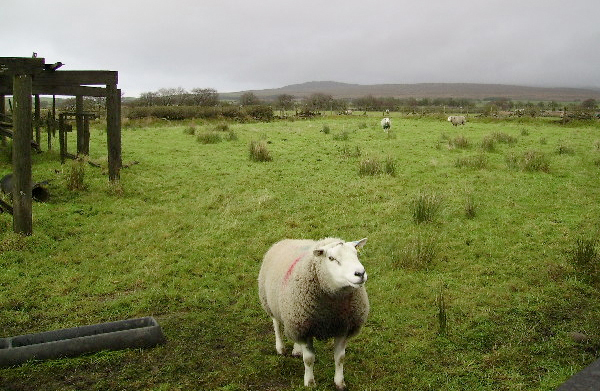
The Department for Environment, Food and Rural Affairs (Defra) has warned the animal health sector that the Schmallenberg virus could return by 2013.
Reports from Europe about the effects of the disease in its second year has led the National Sheep Association (NSA) to look for ways in which the UK could better equip itself to deal with the midge-borne virus.
"Anecdotal reports from France and other areas of Europe suggest Schmallenberg may be causing more problems in its second year than expected, possibly because livestock does not develop the level of immunity anticipated" said Phil Stocker, NSA Chief Executive.
"The lack of statistical evidence means we cannot predict if we will have an on-going problem, but the industry as a whole should be very concerned by the absence of data we have and what has been seen in some early lambing flocks."
The virus, which causes deformities in lambs and calves, was found on a farm in Hertfordshire in June.
Government agencies are only collecting data on the distance the disease has spread and do not gather any additional information once the disease has been confirmed in a county.
There is a lack of data on the level and scale of the problem - a situation that is unlikely to change because of financial constraints from the government spending review.
The Animal Health and Veterinary Laboratories Agency would be forced to collect the data if Schmallenberg was a notifiable disease, but NSA believes this would not be in the interest of the industry, due to the implications it would have on trade between UK and other countries, both in the EU and further afield.
"It would be great if the Government could collect this data, so we better understood the situation and how to implement control strategies, including vaccination programmes once a vaccine is available" Stocker said.
"However, given the reality of the situation, NSA feels very strongly that industry should pull together and ensure a solution is found."
"AHVLA has expressed a willingness to advise on what information to seek from farmers, and NSA believes it and other organisations should take up this offer and offer a reporting service for sheep, beef and dairy farmers in the hope of collecting enough data to create a clearer picture."
Farmers face the loss of lambs and calves despite likely immunity in previously affected areas. The protectiveness of this remains unknown.
"We must be watchful for new cases in the currently infected areas" said Carl Padgett, President of the British Veterinary Association (BVA).
There have been around 300 new cases of the virus and Devon remains the most infected area.
Data released by the AHVLA highlight the number of current infections as 715 in cattle and sheep.
